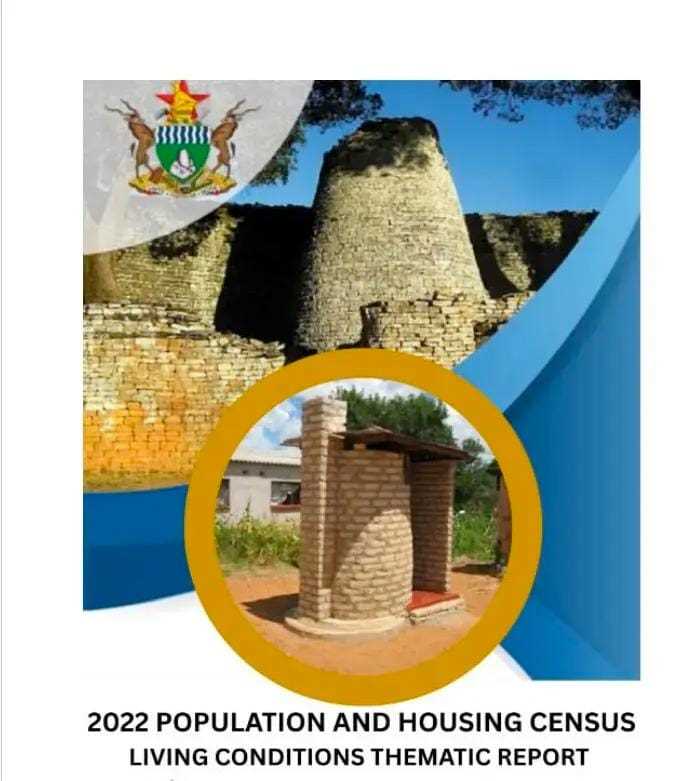
Zim Now Writer
Humanitarian agency CARE International has said the re-integration of pregnant and married adolescent girls into the formal education system continues to be low despite the existence of policies supporting the idea.
In a report produced in partnership with Canada, CARE International said teenage pregnancies and child marriages continue to threaten the enrolment of adolescent girls in formal learning institutions in Zimbabwe.
The report noted that society’s labelling and judgmental attitudes were the other factors hindering pregnant and teenage mothers from re-integrating into the formal education system.
“Acceptance of pregnant girls and teen mothers in schools is very low. Pregnant girls and teen mothers face discrimination and labelling from their peers in school hence find it difficult to re-integrate into the formal learning system and processes. The girls are often ‘gossiped’ about in schools by other learners.
Related Stories
“Inability to finance education: the majority of adolescent girls from rural areas who marry or fall pregnant are from poor families where education financing is met with an array of challenges. Pregnancy and child-bearing brings an extra financial burden to the family resulting in neglect to fund for the return to school of pregnant and teen mothers,” reads the report.
“Girls who fall pregnant while in school are often labelled ‘prostitutes’ and perceived to have weak morals. They are treated as ‘outcasts’ in their communities resulting in outward migration to urban and peri-urban settings where they, due to mounting financial pressure to fend for themselves and their babies, end up engaging in risky behaviours and practices. This often results in limited opportunities to re-enrol into the formal learning system,” the report further noted.
CARE implored the government to strengthen local-level school and community structures to support and safeguard learners willing to re-enrol into the formal learning system.
“Enhancing education financing mechanisms for pregnant and teen mothers is essential, and supporting the creation of gender-responsive learning environments that prohibit labelling and judgmental attitudes in societies and stigmatisation in schools should be a priority,” the report added.
The disclosure comes shortly after a survey conducted by the Health and Child Care ministry in partnership with Unicef and Unesco showed that the country’s economic meltdown has triggered a sharp increase in child marriages and teenage pregnancies countrywide.


















Leave Comments